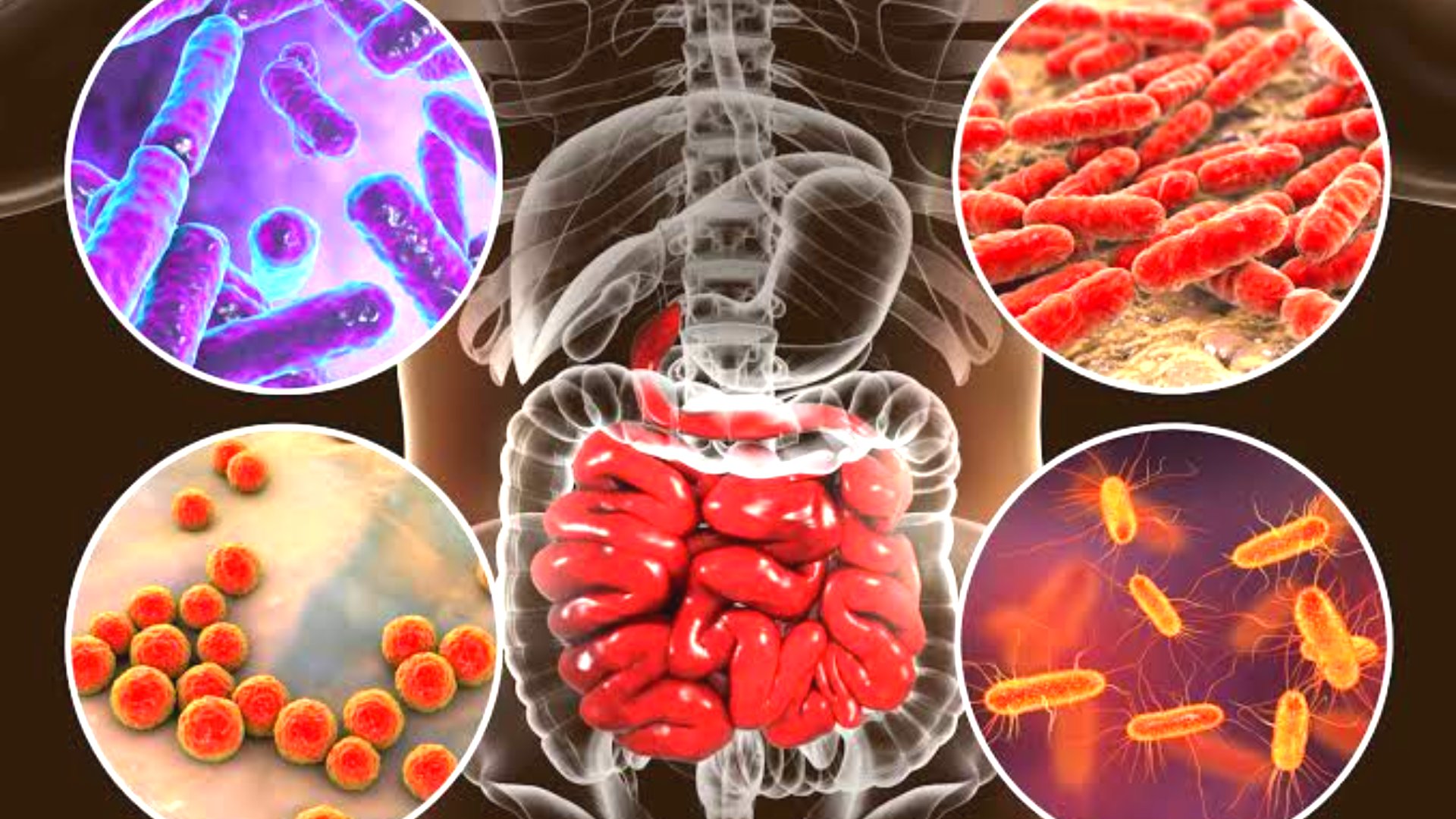Health: New Treatments Thanks to Research on the Microbiota
Health: New Treatments Thanks to Research on the Microbiota
Faecal microbiota transplantation, with encouraging results, could in the future be just one treatment among others, currently being studied, on the microbiota.
Transforming the microbiota is now a therapeutic strategy. The most advanced technique, called faecal microbiota transplantation (FMT), consists of administering a preparation of faecal matter from a healthy person to a sick person suffering from a disease linked to the alteration of the microbiota.
Today, this transplantation is effective in clinical practice, only for patients suffering from a recurrent digestive infection with Clostridium difficile, which is complicated to cure. The results of this transplant in the context of this infection are spectacular, with more than 90% recovery for the patients treated in this way. Other trials of TMF have taken place as part of research projects with some encouraging results in ulcerative colitis.
But TMF is only one step in the development of microbiota-based treatments. A second perspective aims to identify bacteria with therapeutic effects in the microbiota and to administer them as a drug.
"As early as 2008, we laid the foundations for this project, by identifying a key bacterium of the human microbiota, Faecalibacterium prausnitzii, which is lacking in patients with Crohn's disease and which has anti-inflammatory effects, explains Professor Harry Sokol , gastroenterologist at Saint-Antoine Hospital. A few years later, we created a start-up, Exeliom Biosciences, whose first clinical trial has just started in Crohn's disease. »
Current research
Another bacterium from the microbiota, Akkermansia muciniphila was identified a few years ago by Belgian researchers. Experimental tests in animals have shown that this bacterium administered to obese mice allowed them to lose weight. There was one small trial in humans, with moderate effects. For now, modifying the microbiota to lose weight is possible for mice. For humans, the effectiveness remains to be demonstrated.
The third avenue of therapeutic research consists in using not a bacterium with a therapeutic effect but directly the molecules produced by these bacteria, as drugs. We then speak of “post-biotics”. Multiple research is currently underway to identify molecules of therapeutic interest within the microbiota and test them on cell cultures, to identify any positive signals.















Post a Comment